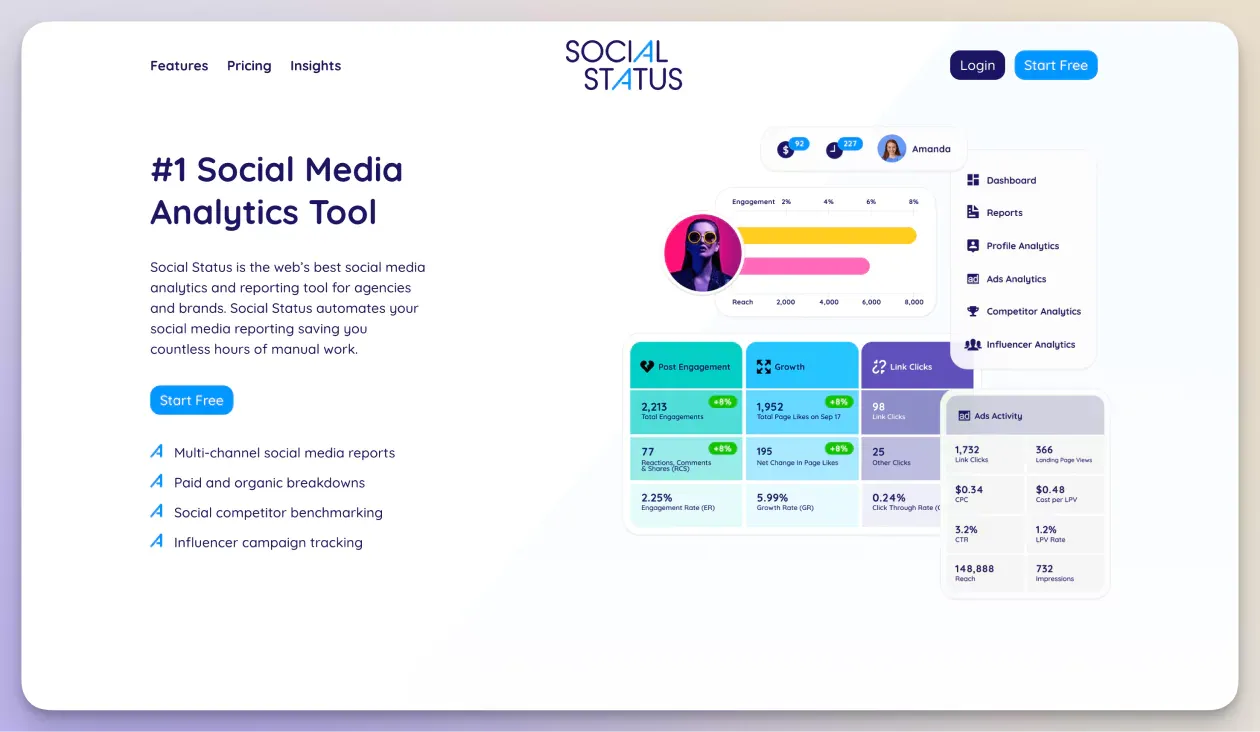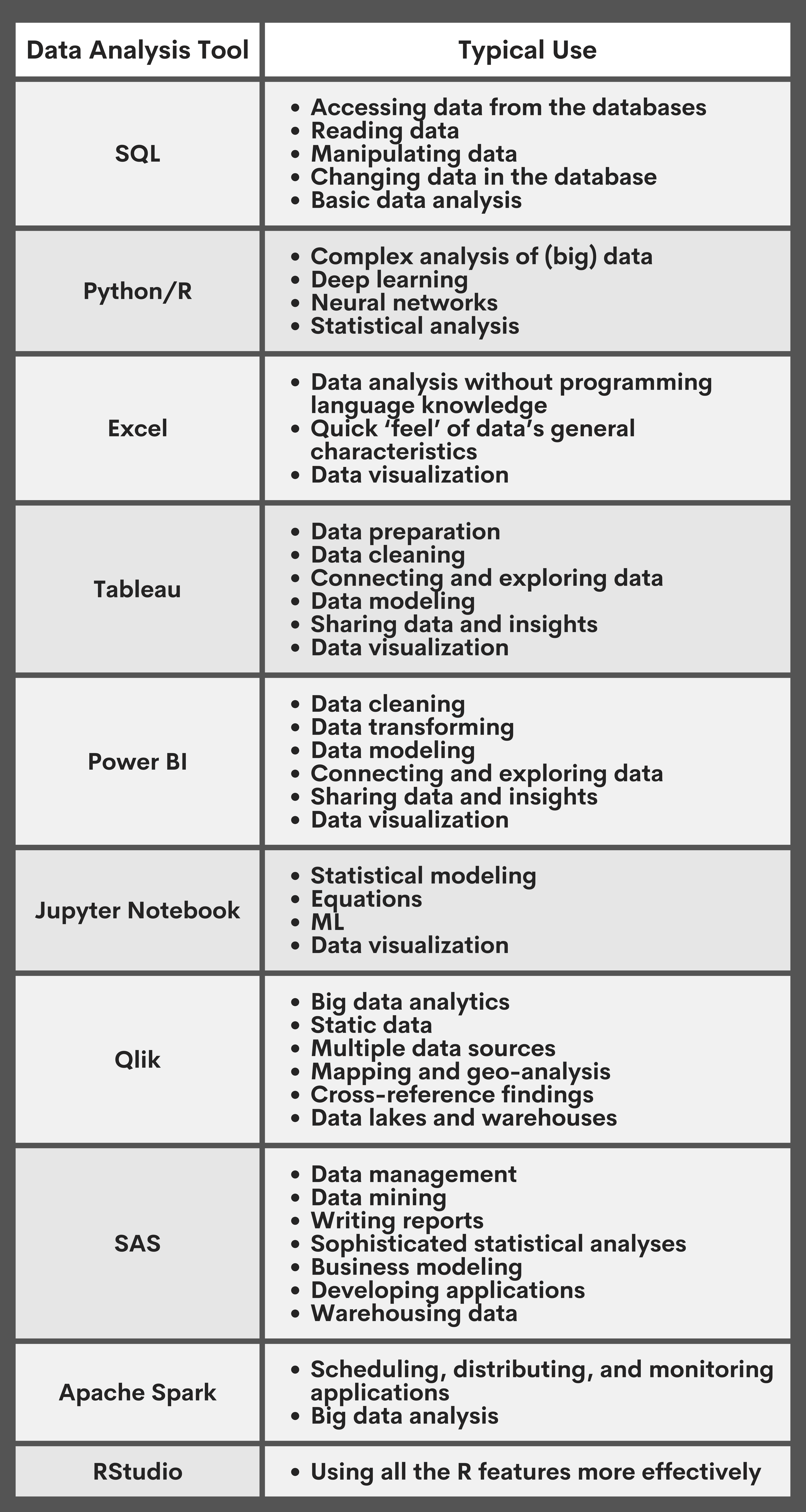Discover Hidden Opportunities with Modern Analytics Techniques
Discover Hidden Opportunities with Modern Analytics Techniques
Blog Article
Optimize Growth: Exactly How Analytics Drive Better Methods
In today's data-driven landscape, organizations increasingly acknowledge the crucial function of analytics in shaping efficient growth techniques. By utilizing information understandings, businesses can improve their operational approaches, anticipate market adjustments, and improve consumer interaction. The challenge exists not just in accumulating data yet in efficiently interpreting it to drive tangible results. As we discover the vital advantages and methodologies connected with analytics, an essential question arises: just how can companies guarantee they are leveraging these understandings to open their complete potential? The answer may redefine the future of strategic preparation.
Understanding Information Analytics
Information analytics is a systematic computational analysis of information that makes it possible for companies to reveal meaningful patterns and insights. This process incorporates a variety of techniques, including statistical analysis, predictive modeling, and data mining, which collectively aim to change raw information right into actionable information - Analytics. By employing these approaches, organizations can make enlightened choices that are rooted in empirical proof as opposed to instinct alone
The foundation of information analytics lies in its capacity to take care of substantial quantities of info from varied sources. This includes structured data, such as databases, and disorganized information, including social networks communications and consumer comments. Through the use of specialized software application and tools, experts can remove and process this data effectively, determining fads and relationships that may not be right away obvious.
Comprehending information analytics likewise entails acknowledging the relevance of information high quality and honesty. Dependable and precise data is important for meaningful analysis; thus, companies need to execute robust information governance methods. The repetitive nature of analytics allows for continual refinement and renovation of methods, ensuring that organizations continue to be nimble in the face of changing market dynamics and customer actions.
Key Advantages of Analytics

One of the key advantages of analytics is its ability to provide actionable insights. Organizations can rapidly evaluate huge quantities of information, revealing patterns that might not be immediately noticeable. This assists in expecting market shifts and adapting techniques as necessary. Furthermore, analytics fosters a culture of evidence-based decision-making, minimizing reliance on instinct and uncertainty.
One more significant advantage is improved client understanding. Analytics tools enable companies to segment their target market, track consumer behavior, and individualize advertising efforts. This targeted approach not just enhances client involvement yet additionally drives higher conversion prices.

Implementing Analytics Techniques
To fully understand the advantages of analytics, companies must embrace organized approaches for execution. This starts with plainly defining objectives that line up with wider business objectives. By establishing details, measurable end results, organizations can focus their analytics efforts on locations that yield the highest return on financial investment.
Following, organizations need to prioritize data governance to make sure the integrity and safety and security of the information being analyzed. This involves setting up methods for information collection, storage space, and access while adhering to relevant policies. Making certain top quality data is vital for creating purposeful understandings.
In addition, fostering a culture of data-driven decision-making is essential. This requires training employees to translate analytics searchings for and motivating partnership across departments. When check out this site teams comprehend the worth of analytics, they are a lot more most likely to integrate insights into their daily operations.
Lastly, organizations should on a regular basis examine and fine-tune their analytics techniques. The landscape of data and technology is constantly progressing, and staying adaptable will certainly permit organizations to leverage new tools and methodologies effectively. By applying these organized strategies, organizations can take full advantage of the impact of their analytics initiatives and drive sustainable development.
Devices for Effective Evaluation
Efficient evaluation relies upon a variety of devices that help with the removal of understandings from data - Analytics. These tools can vary from easy spread sheet applications to advanced machine discovering platforms, each offering a special objective in the analytical procedure
Information visualization software application, such as Tableau and Power BI, plays an important duty in transforming complicated datasets right into understandable visual depictions. These tools allow experts to identify patterns and patterns quickly, enabling even more educated decision-making.
Analytical evaluation software, like R and SAS, provides sophisticated capacities for performing extensive evaluations, consisting of regression, hypothesis testing, and predictive modeling - Analytics. These functions empower organizations to draw significant final thoughts from their information, identifying prospective possibilities and threats
Furthermore, database management systems such as SQL and NoSQL databases provide the necessary infrastructure for storing and inquiring big volumes of data successfully. They make sure that data is arranged and accessible for evaluation.
Last but not least, service intelligence platforms incorporate various data sources, providing a thorough view of organizational efficiency. By making use of these devices properly, services can improve their analytical capabilities, enabling them to create approaches that take full advantage of growth you could try these out and improve overall efficiency.
Instance Research Studies of Success
Effective organizations often utilize data analytics to drive impactful approaches, as evidenced by numerous noteworthy instance research studies. By using these insights, Netflix has actually effectively customized its content referrals, resulting in enhanced customer involvement and customer retention.

In addition, Starbucks employs information analytics to determine optimal store locations and fine-tune its product offerings. By taking a look at customer demographics and purchasing patterns, Starbucks effectively recognizes high-potential markets and customizes its food selection to browse around this site neighborhood preferences, driving sales and customer loyalty.
These study highlight that reliable application of information analytics can result in strategic advantages, promoting development and development within organizations throughout different sectors.
Verdict
In final thought, the combination of analytics into organizational strategies considerably enhances decision-making procedures and fosters lasting development. By leveraging data-driven insights, companies can identify trends, expect market shifts, and optimize procedures. The efficient application of analytics tools better supports dexterity and advancement, allowing organizations to browse competitive landscapes with higher accuracy. Ultimately, a dedication to analytics not just drives immediate efficiency enhancements yet additionally protects long-term success in an ever-evolving industry.
Information analytics is a methodical computational analysis of information that allows companies to uncover purposeful patterns and understandings.Comprehending information analytics likewise entails recognizing the value of data top quality and integrity. Dependable and precise information is important for significant evaluation; thus, organizations have to execute durable information administration techniques.Next, organizations must focus on data administration to make certain the stability and safety and security of the data being assessed.Effective organizations commonly leverage data analytics to drive impactful methods, as shown by several notable situation researches.
Report this page